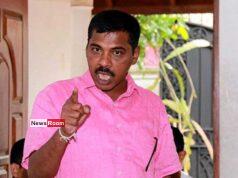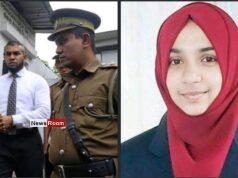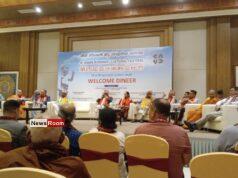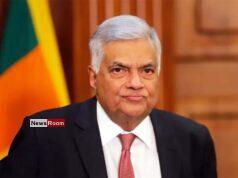When conservative Pope Benedict XVI stepped down in 2013, citing frailty of body, the Catholic world braced for a like-minded successor. All eyes were on Italian Cardinal Angelo Scola, then 71, a theological twin of Benedict and the bookmakers’ favourite. But as the age-old adage in Rome goes, “He who enters the conclave as pope, exits as cardinal.”
When white smoke emerged from Sistine Chapel, the bells of St. Peter’s rang and the words “Habemus Papam” echoed across Vatican, it wasn’t Scola who emerged on the balcony, but the football loving cardinal from Argentina – Jorge Mario Bergoglio. Unknown to most beyond Buenos Aires, the man from the ends of the earth would soon become the beating heart of the Catholic Church.
From the outset, it was clear that this would be no ordinary pontificate. Instead of donning the grand papal clothes, the new Pope stepped out in a plain white cassock, as if to say, “let me walk with you, not above you.” And in a moment of breathtaking humility, before blessing the faithful, he knelt down, bowed his head and asked them to bless him. The world witnessed not a showman cloaked in ritual, but a shepherd clothed in grace.
He chose the name Francis – after the saint of Assisi, who embraced poverty and loved nature. No Pope before him had borne the name. It was not a name picked randomly, but a vow to the poor, to peace, and to simplicity. For 12 years, Francis lived what he preached, endearing himself to millions and became the most beloved pontiff overtaking John Paul II.
As head of the Jesuits in Argentina and later as Archbishop of Buenos Aires, he was known to travel by train, mingling with commuters, rubbing shoulders with the working class. Upon assuming the Chair of St. Peter, he left behind the opulence of the Apostolic Palace and took up residence in a modest guesthouse room. The bulletproof papal limousine was also replaced with an ordinary car. It was a reminder to the world and the Church, that one cannot preach the Gospel from a golden throne while the flock is lost in the wilderness.
Even in death, he remained true to form, requesting a simple funeral, free of pomp and circumstance, in stark contrast to centuries-old Vatican tradition.
Pope Francis lifted his voice for the voiceless. He was the trumpet for the immigrant, the refugee and the outcast. In meeting halls of power – from the White House to the United Nations – he urged leaders to show compassion. His message found a receptive ear in Joe Biden, the first Catholic President of the United States since John F. Kennedy. But when Donald Trump took a hard-line stance on deportations, the Pope was quick to pen a sharply worded appeal, reminding the world that every soul is sacred, every migrant a child of God.
Within the Church, Francis was a reformer unafraid to rock the boat. He opened the doors of communion to divorced Catholics, ruffling feathers among traditionalists. He declared that homosexuality is not a sin, echoing Christ’s own words, “Judge not, that you be not judged.”
He gave women greater roles within the Church’s hierarchy – appointing them to senior positions within the Vatican and amending Cannon Law to allow them to serve as lectors and distribute Holy Communion. When asked about the shift, the Pope, with his trademark wit, quipped, “They certainly manage the finances better than men.”
In his quest to decentralize power, Francis broke the mold of predictable cardinal appointments. No longer was it a given that bishops of major European dioceses would receive the red hat. Instead, he elevated humble, pastoral leaders from far-flung corners of the world – Papua New Guinea, Tonga, and Haiti – redefining what it meant to be a Prince of the Church.
He also took bold steps to clean the Vatican’s tarnished image. When Cardinal Giovanni Angelo Becciu was embroiled in a financial scandal involving a failed London real estate deal, Francis asked for his resignation. Becciu would go on to become the first cardinal ever convicted by a criminal court. It was a clear sign that accountability had found a home within the hallowed halls of the Vatican.
Francis was not just a pontiff in name. He was a shepherd after God’s own heart. Like the Good Samaritan, he tended to the broken. Like the prodigal’s father, he welcomed the lost. And like Christ Himself, he did not shy away from overturning the tables when righteousness demanded it.
As he returns to his Creator, the College of Cardinals will gather to elect a new successor. Of those 135 Cardinals, 108 were appointed by Francis himself. While papal predictions are a fool’s errand, the writing on the wall suggests that his successor will carry the torch of humility, justice, and mercy.
The curtain falls not on an era of power and pageantry, but on one of pastoral care and prophetic courage. Pope Francis may be gone, but the seeds he sowed in the vineyard of the Lord will continue to bear fruit in due season.








